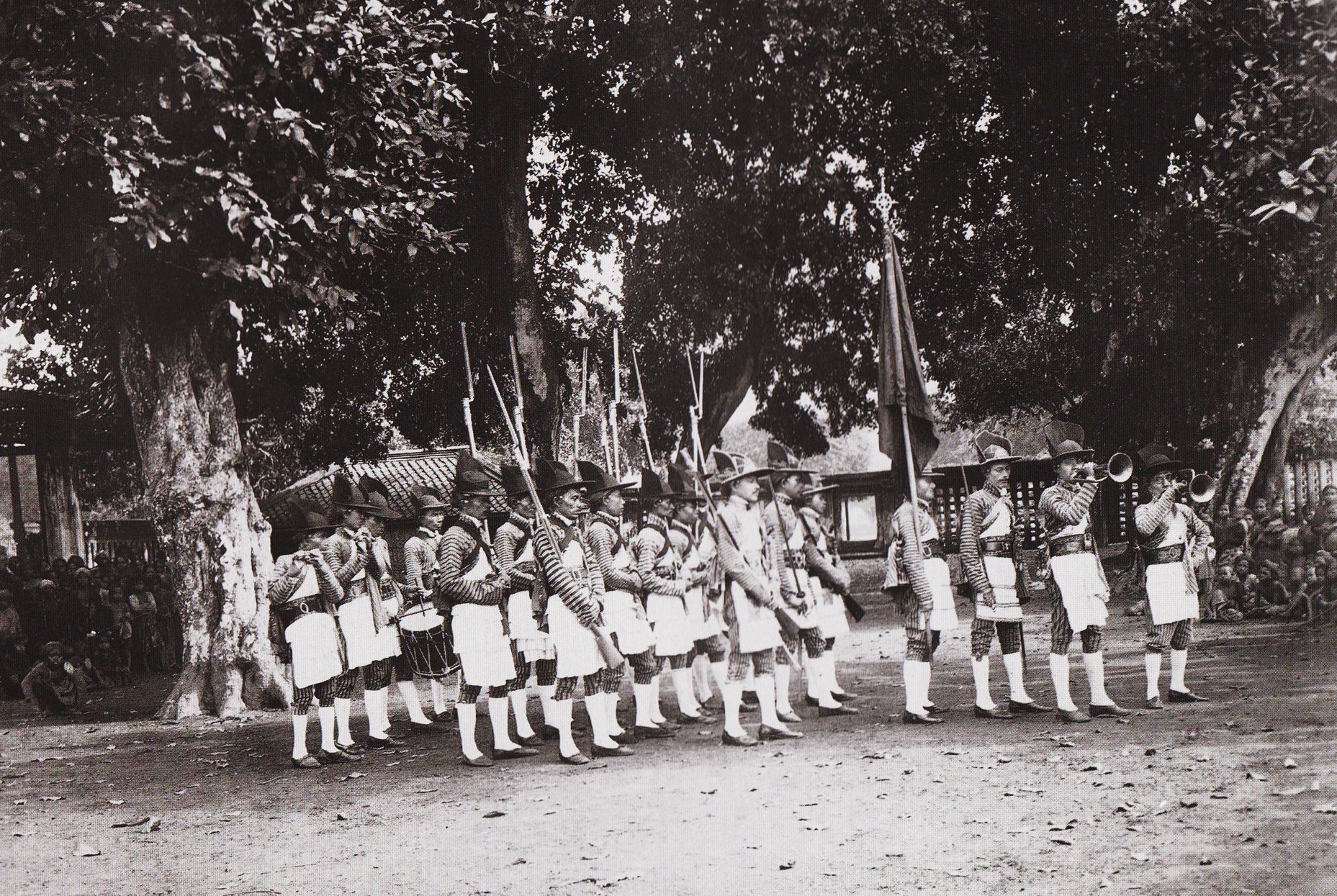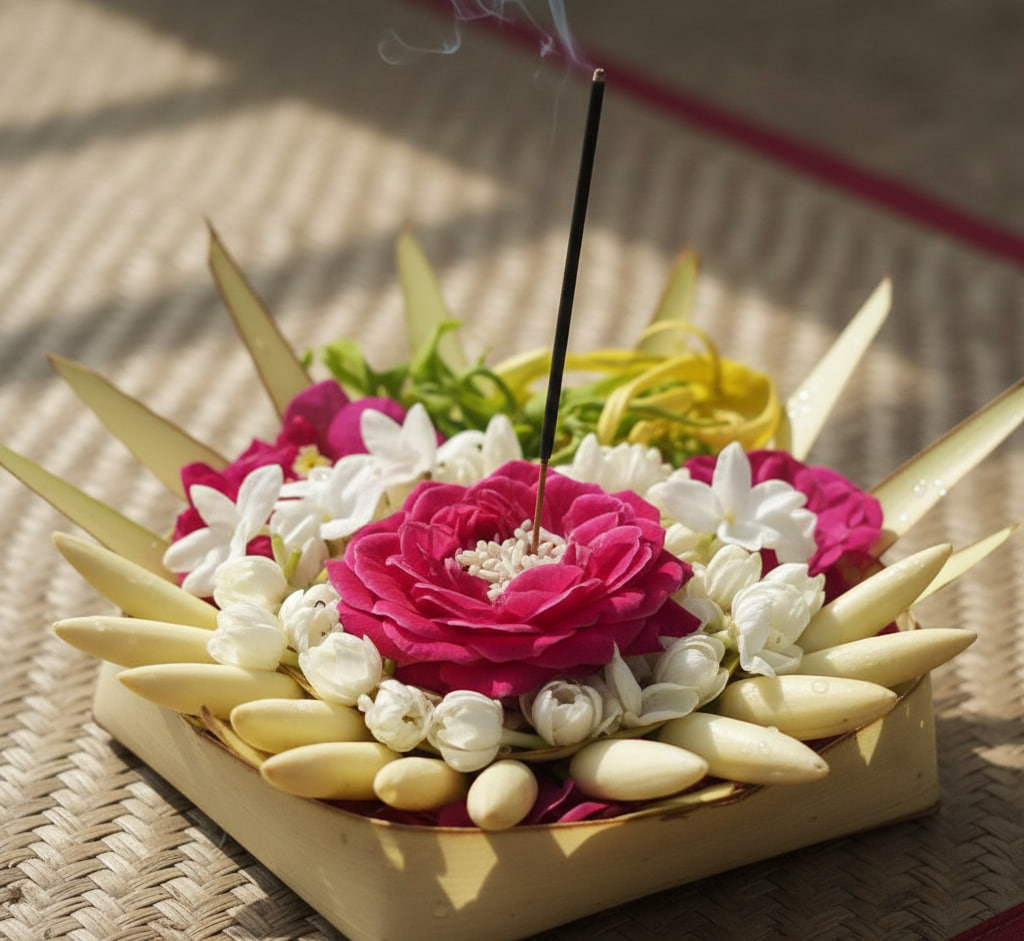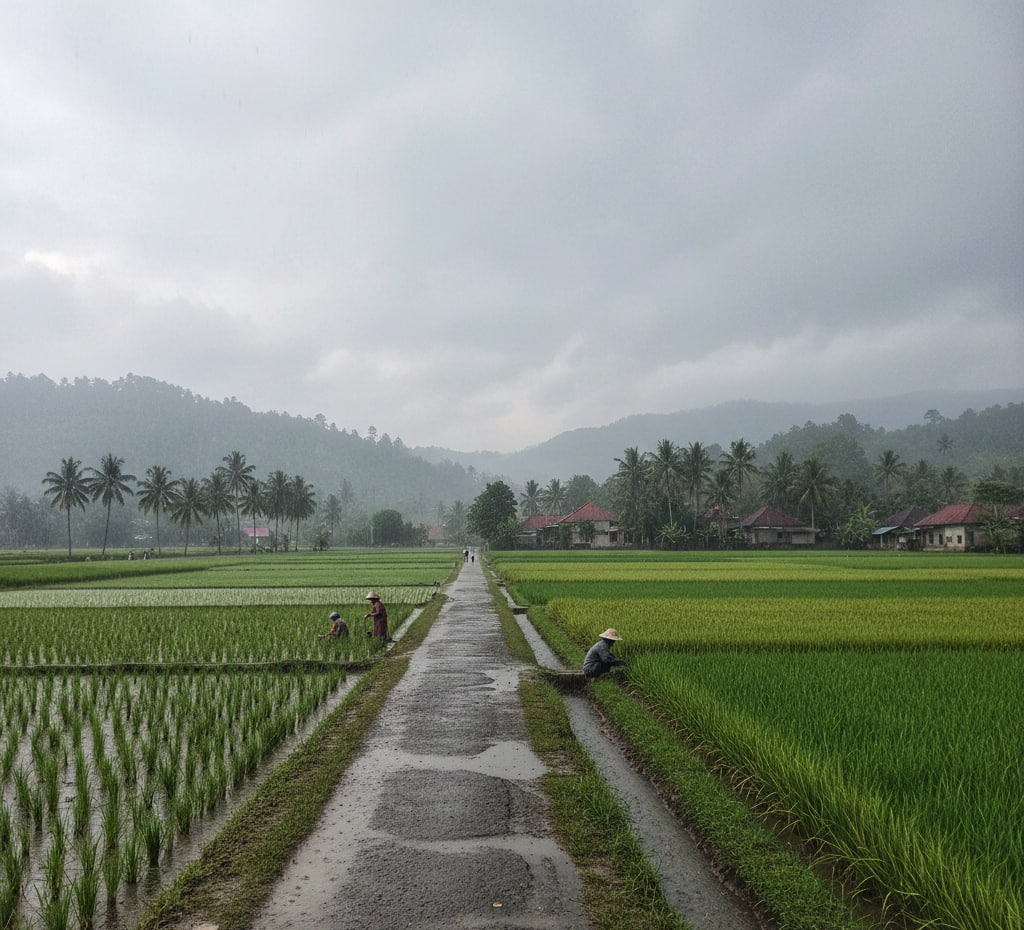News
Ngabekten: A Syawal Tradition in Jogja That Softens Knees and Melts Hearts
In Jogja, Syawal isn’t just about ketupat, opor ayam, or the lively exchange of greetings while sneakily checking your holiday bonus balance. There’s a quiet tradition that holds a special power over people’s emotions and longing: Ngabekten. One word, five syllables, and a flood of feelings. It’s spoken softly, performed with knees trembling, and often ends with a hug that heals deeper wounds than any over-the-counter medicine could.
Ngabekten is a ritual of seeking forgiveness, deeply rooted in Javanese customs filled with meaning. In Jogja, it’s more than just sungkem—it’s the clearest expression of respect, love, and the acknowledgment of mistakes that might have gone unspoken over the past eleven months. After all, not every wound can be healed with a simple “I’m sorry.” Sometimes it takes a bow, teary eyes, and a silent promise to mend broken bonds.
The moment typically unfolds after Eid prayers or once the extended family has gathered at the grandparents’ house. One by one, the children approach. They crouch as they walk, heads bowed, with the right hand extended respectfully and the left wiping away nervous sweat. Sacred words are whispered: "Nyuwun pangapunten lahir lan batin." Simple, yet powerful enough to dissolve the ego that often sits stubbornly within.
What happens next? Tears flow. Grandparents embrace their grandchildren. Mothers and fathers fail to hold back their emotions. Sometimes there’s a heavy silence, broken only by the soft rustling of tissues and stifled sobs. But soon after, laughter returns, blooming naturally—because after forgiveness comes peace.
No Ngabekten is complete without food. After the tearful greetings, the kitchen comes alive. Ketupat is shredded, opor is ladled out, and the spicy sambal goreng krecek—hot enough to make your scalp tingle—becomes the star of the feast. Children dash around, teenagers update Instagram stories, while the elders chat endlessly, swapping memories about their so-called “better” youth days.
Sadly, in today’s fast-paced and increasingly impatient world, this tradition is slowly fading. Young people sometimes shy away from participating, feeling awkward or dismissing Ngabekten as just another yearly formality. Yet behind every bowed knee and every joined hand lies an effort to reconnect what’s drifted apart and to rekindle warmth where it’s grown cold.
Thus, Ngabekten is more than a cultural formality—it’s a gentle reminder. That no matter how far we go or what we achieve, there will always be space in our lives that needs to be filled with forgiveness, respect, and heartfelt embraces. And Jogja, in its tender wisdom, continues to safeguard this beautiful tradition like a precious secret.
Because in Jogja, Syawal isn’t truly Syawal until you’ve performed Ngabekten. And Eid isn’t truly complete until you’ve knelt before your elders, knees trembling and voice quivering, offering not just words, but your whole heart.



